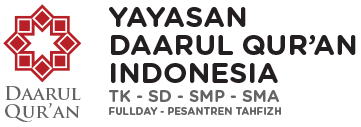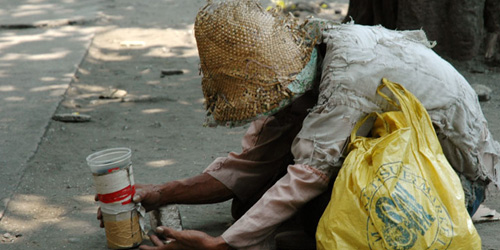 The Arabic word for this pillar is “Zakah.” It is better translated as “purification and growth.” It is the financial obligation that Allah has placed on all Muslims who have been blessed with means above a defined amount. As such, zakah is far beyond just charity. It is actually a social contract between those who have and those who do not.
The Arabic word for this pillar is “Zakah.” It is better translated as “purification and growth.” It is the financial obligation that Allah has placed on all Muslims who have been blessed with means above a defined amount. As such, zakah is far beyond just charity. It is actually a social contract between those who have and those who do not.
Charity in Arabic is better translated as “Sadaqah.” It is giving, for the sake of Allah, someone’s money, time, effort or consideration for the benefit of others even if it is affectionately placing food in your spouse’s mouth as the Prophet, peace be upon him, once said.
Paying the Zakah, on the other hand, is a recognition that any wealth that an individual has was bestowed on him or her from God and it comes with an obligation to use that wealth responsibly. A Muslim is not allowed to buy into the argument that they have “earned” or “deserved” their wealth and are entitled to spend it as they please no matter what.
Zakah is a mechanism of purification. It is to be given with a profound sense of humility that Allah has given us blessings beyond enumeration that have enabled us to be where we are in life. Allah alone determines where and when we come into life and where and when we exit it. How we obey Him, deal with each other and take care of the world around us is ultimately how He will judge us.
The Islamic social contract demands that those given more take care of those given less. It is literally an act of worship for Muslims. Those who fail to pay this sum are committing a major sin just as if they violated any of the other four pillars of Islam knowingly.
 Muslims calculate the amount they must give each year by assessing their total wealth and paying a small percentage of that to institutions, organizations, or people that are authorized by Islamic scholars as legitimate distributors or recipients of these monies. Ideally, the government would collect and distribute these sums and, historically, this was once the case.
Muslims calculate the amount they must give each year by assessing their total wealth and paying a small percentage of that to institutions, organizations, or people that are authorized by Islamic scholars as legitimate distributors or recipients of these monies. Ideally, the government would collect and distribute these sums and, historically, this was once the case.
However, in the modern era, Muslims typically give these monies to Islamic institutions that provide for the needy around the world or in their own back yards. An example of the former would be the organization called Islamic Relief and of the latter would be the many mosques around the world.
Having said that, beyond fulfilling the required duty of zakah, Muslims are encouraged to do charitable acts every day of their lives and as much as possible.
As the Prophet Muhammad, peace be upon, once said, “Charity is a necessity for every Muslim.” He was asked: “What if a person has nothing?” The Prophet replied: “He should work with his own hands for his benefit and then give something out of such earnings in charity.” The Companions of the Prophet asked: “What if he is not able to work?” The Prophet said: “He should help the poor and needy.” The Companions further asked: “What if he cannot do even that?” The Prophet said: “He should urge others to do good.” The Companions said: “What if he lacks that also?” The Prophet said: “He should check himself from doing evil. That is also an act of charity.”

